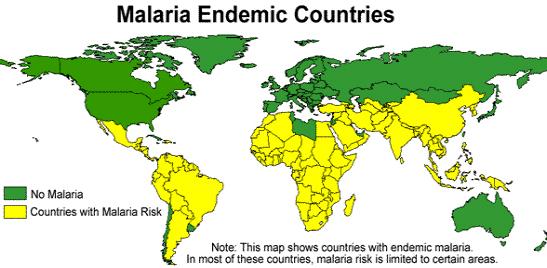Brahmananda, April 14, 1975, Hyderabad: […] Actually, when I was in Germany, there was evidence of how the scientists increased disease. They invented some vaccine to counteract influenza, and they injected all of Germany with this vaccine. But what happened is sometimes the body builds up resistance to these vaccines and produces another germ. So, as a result, another type of influenza was created, which was far more worse than the previous. It made people get fever for four and five days straight, 105 degrees.
Prabhupada: That is the way of… They have discovered this streptomycin, for tuberculosis, that if one takes too many injections of streptomycin, then it does not act.
Devotee: He becomes immune.
Prabhupada: Yes.
Brahmananda: So as a result of the vaccine they created a worse type of influenza, and they have nothing to counteract that worse type. So now they have to invent another type. Full Conversation
The evolution of drug resistance and the curious orthodoxy of aggressive chemotherapy | Proceedings of the National Academy of Sciences (PNAS)
PNAS | Andrew F. Reada, Troy Dayc, Silvie Huijbena, edited by John C. Avise, University of California, Irvine, CA
The evolution of drug-resistant pathogens is a major challenge for 21st century medicine. Drug use practices vigorously advocated as resistance management tools by professional bodies, public health agencies, and medical schools represent some of humankind’s largest attempts to manage evolution. It is our contention that these practices have poor theoretical and empirical justification for a broad spectrum of diseases.
For instance, rapid elimination of pathogens can reduce the probability that de novo resistance mutations occur. This idea often motivates the medical orthodoxy that patients should complete drug courses even when they no longer feel sick.
Yet “radical pathogen cure” maximizes the evolutionary advantage of any resistant pathogens that are present. It could promote the very evolution it is intended to retard. The guiding principle should be to impose no more selection than is absolutely necessary. We illustrate these arguments in the context of malaria; they likely apply to a wide range of infections as well as cancer and public health insecticides. Intuition is unreliable even in simple evolutionary contexts; in a social milieu where in-host competition can radically alter the fitness costs and benefits of resistance, expert opinion will be insufficient. An evidence-based approach to resistance management is required.
This paper results from the Arthur M. Sackler Colloquium of the National Academy of Sciences, “In the Light of Evolution V: Cooperation and Conflict,” held January 7–8, 2011, at the Arnold and Mabel Beckman Center of the National Academies of Sciences and Engineering in Irvine, CA. The complete program and audio files of most presentations are available on the NAS Web site at www.nasonline.org/SACKLER_cooperation.








Speak Your Mind